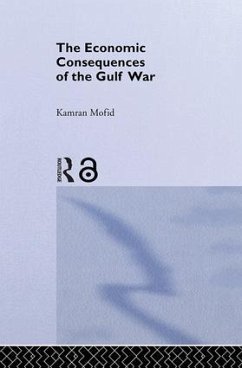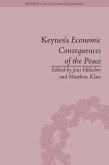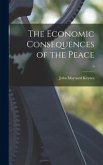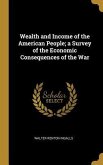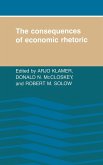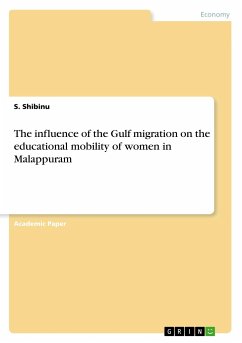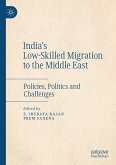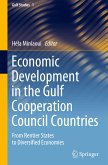The Iran-Iraq War were one of the longest and most devastating uninterrupted wars amongst modern nation states. It produced neither victor nor vanquished and left the regimes in both countries basically intact. However, it is clear that the domestic, regional and international repercussions of the war mean that 'going back' is not an option. Iraq owes too much to regain the lead it formerly held in economic performance and development levels. What then does reconstruction mean? In this book, Kamran Mofid counteracts the scant analysis to date of the economic consequences of the Gulf War by analysing its impact on both economies in terms of oil production, exports, foreign exchange earnings, non-defence foreign trade and agricultural performance. In the final section, Mofid brings together the component parts of the economic cost of the war to assign a dollar value to the devastation.
Hinweis: Dieser Artikel kann nur an eine deutsche Lieferadresse ausgeliefert werden.
Hinweis: Dieser Artikel kann nur an eine deutsche Lieferadresse ausgeliefert werden.

